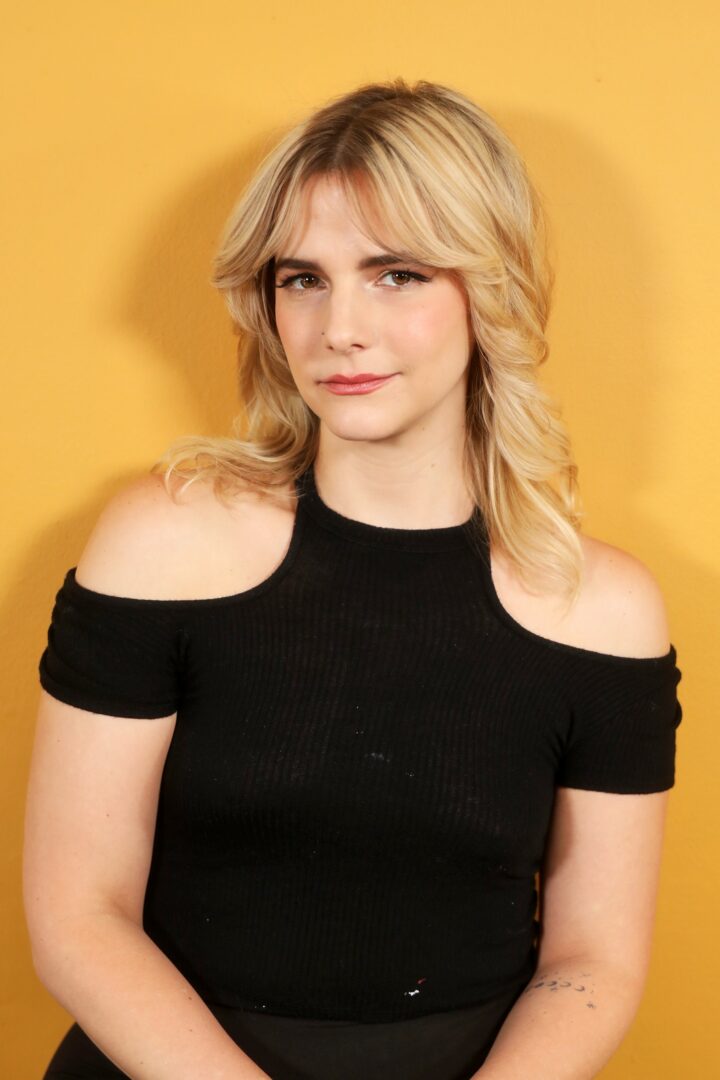Alright – so today we’ve got the honor of introducing you to Devin Lytle. We think you’ll enjoy our conversation, we’ve shared it below.
Hi Devin, we’re so appreciative of you taking the time to share your nuggets of wisdom with our community. One of the topics we think is most important for folks looking to level up their lives is building up their self-confidence and self-esteem. Can you share how you developed your confidence?
All my life I’ve been told that I have an “open book” and that I have “big personality,” which always irked me in my quiet moments. Those descriptions always felt slightly critical. Do I need to shrink my personality for particular audiences? Perhaps I should be more mysterious? However, my personality is an amalgamation of topics that interest me, things that make me laugh, and parts of the world that spark curiosity – especially as a child. My personality always felt like a force that naturally occurred, rather than something that I cultivated. Obviously, as I’ve aged, gained self awareness, and entered therapy, I’ve been able to change and become who I am today, but the fact remains that my personality feels neither “big” nor “open.” Those terms are external descriptions and are opinions that I ultimately have little control over. Then, it dawned on me. After on of the many unprecedented times that we as a society have accepted to be commonplace, I realized that life is fleeting. We only get a certain amount of time on this rock, floating through space. Worrying about other’s external judgements is a time consuming activity, that will no doubt leave me uncertain and unhappy. So, I use that existential fact about our earth and our time on it as a north star. We are here for a finite amount of time. Our responsibility is to be good to ourselves, good to others, and leave the world in better place.
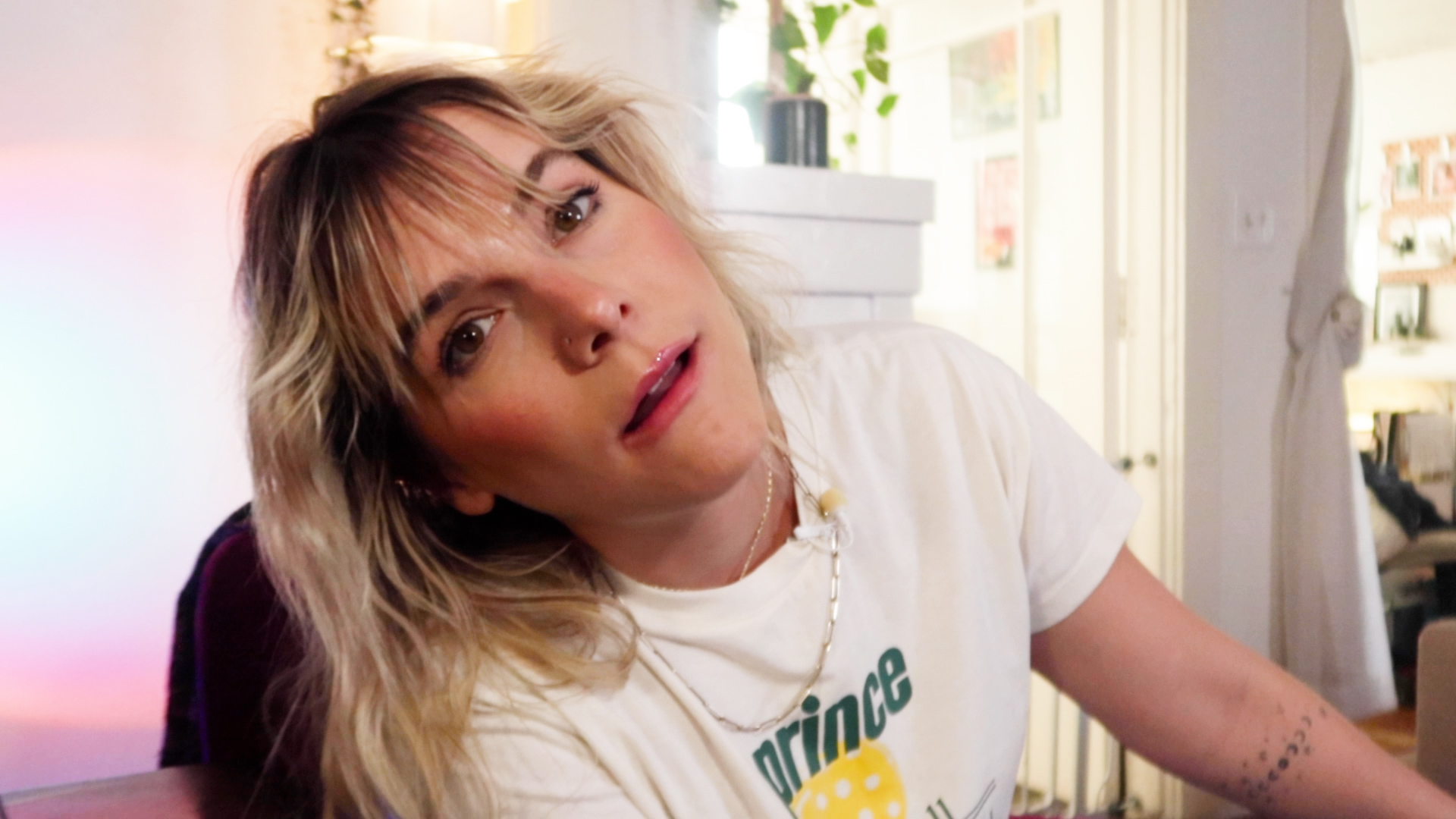
Let’s take a small detour – maybe you can share a bit about yourself before we dive back into some of the other questions we had for you?
Full disclosure – I am copying and pasting a personal essay I wrote for a director’s program because I think it answers your question, and because I like it.
______
“I’m sorry, can you take that back and repeat the information without the offensive term?”
A blanket of awkward silence covers the room. The geneticist on camera from 23 And Me blinks back the confusion and starts stammering. Trying desperately to restore the energy in the room back to its comfortable temperature from before, the young BuzzFeed Producer begins to sweat. This partnership between the new startup and BuzzFeed is responsible for a 6 figure check for the video department. She could not, under any circumstances, jeopardize this relationship.
“Y’all are doing great, and in that last sentence,the term ‘neanderthal’ came up. I feel like it might ruffle the feathers of some of our audience members. Can we rephrase that last sentence?”
A ripple of laughter rings through the scientist and spills its way through the set. The crew is chuckling and shaking their heads, and Devin tries a little self deprecating humor to get past the moment. The representative in front of the camera giggles and explains.
“A neanderthal was an extinct species of human that roamed the earth around early homosapians. A lot of the general population shares genetic material with neanderthals today.”
The new information washes over the young producer like a wave of hot awareness. Sheepishly, Devin explains that she comes from a world that didn’t teach evolution or science, so she’s a bit behind. “Ah,” says one of the 23 And Me reps. “So you’re on a quest for truth.”
While Devin isn’t necessarily proud of her ultra evangelical education, her 6 years at a Church of Christ school undeniably shaped her relationship to pursuit of the truth through storytelling. Her parents migrated south from the factory lines of Ford Motor Company of Detroit to follow her father’s basketball coaching career, and in an effort to keep her in one school while he hopped from program to program. Although her family opted for Sunday Night Footballs versus Sunday morning Mass, she suddenly found herself a fish out of water in a community who viewed education as second to parables. From staging a real reenactment of Columbine with actors to test 8th graders if they’d affirm their belief in Christianity under duress, to skipping evolution altogether, her school’s tactics were for the glory of God. As an adult, Devin peers into this part of her history with incredulity, but remembers the stance her family took in the face of such methods. “Listen to the stories, but take time to find the truth yourself.”
And so began Devin’s obsession with the stories we tell and how they connect with the truth. She watched preachers weave meaning into tales from the Bible, which in turn shaped parishioners’ idea of the world. Through the mishaps of adolescents and being so closely connected to a religious community that she was not a part of, Devin discovered first hand how one person’s POV can shape the beliefs of an entire population.
Thankfully, her parents purchased a Gateway computer and hardwired it to the nebulous thing called internet. Through the screeches of dialup, Devin tripped over a landscape of truthtelling
unlike anything she’d ever encountered before. Remember, dear reader, that this was a different generation of virtual exploration. The term “content” was nonexistent, and to create and upload websites, personas, or blogs took a level of commitment from the user. At the time, there was a subtle ethos of earnestness online, as people pursued connection with others through mysterious usernames. Devin found both solace and hijinks in Harry Potter message boards, but gradually recognized the duality of anonymity online. On the one hand, folks were more honest about issues than ever before. Her connection with strangers online served as a breath of fresh air, clearing away the judgment that followed her around at school. On the other hand, this new frontier provided an opportunity for hurt people to become the worst versions of themselves without defined repercussions. Nevertheless, Devin leaned into this virtual space throughout high school and college until her life changed forever when she was 19.
While successful at gaining a spot in an acclaimed BFA Acting program, she didn’t feel fulfillment from embodying a single part in the story. So one dry semester when her schedule was rehearsal-less, she drew upon her fandom history, and pulled together her friends to create a musical based off of the two things they loved most: Harry Potter and bits. The term “producer” wasn’t a part of her vocabulary at the time, but Devin reveled in having a bird’s eye view of the story and bringing it together, piece by piece. While the finished product was rudimentary and cheeky, the group no doubt was very proud of their Harry Potter Musical. Without thinking, they uploaded it to a new website, YouTube, for their parents to watch at home.
At 8 am on a Sunday morning, Devin received a phone call from the Dean of Students office demanding that she and her Harry Potter cohorts report to the admin building immediately. A cease and desist from Warner Brothers appeared on their doorstep and the University demanded that they scrub their information from the school’s website. Due to an unexpected swell of popularity from their casual upload, Devin’s online anonymity vanished overnight.
Despite the perks of being recognized online, Devin was heartbroken and nervous when her observational role on the internet changed. Nevertheless, she rode the wave of online recognition, and in her freetime she’d lean into learning about people through their keystrokes. Through her twenties, she led a double life, of sorts. She progressed from executive assistant roles to AP duties, all while keeping her other persona hidden from her bosses. However in 2015, an opportunity to merge her dual existence took shape.
In 2015, BuzzFeed was the throbbing epicenter of viral YouTube content. The company reorganized itself every quarter to stay nimble and in step with the current internet trends. Devin found herself in the Unscripted Department, responsible for ideating, producing, shooting, and editing a video a week. Each video was expected to garner a million views within its first seven days of publication in order to be considered a success. Budgets were low but morale was sky high as young producers took weekly swings at virality. Devin’s sense of what was the truth and what was a story was chopped up and reassembled to capture different demographic’s attention within the first seven seconds. Nevertheless, she assimilated into the company culture as best she could.
During that time, the Try Guys became a resounding success and executives decided it would behoove their bottomline to make a female version of the format. Men at the top cherry picked women in the Unscripted Department who they thought were up to the task, with Devin among them. While the Try Guys were all friends who created a franchise together organically, the group of women barely knew each other. Their directive was to become fast friends, establish an efficient workflow, and create a brand within a quarter. These five women had a quota of 4 videos a month, a budget of $1200, and a prayer. They went to work. They called themselves Ladylike, with the mission to redefine what it means to be a lady online.
At the time, BuzzFeed’s main initiative was cracking the “male share.” Data showed that women were exponentially more likely to tag their friends in content that excited them. Men, conversely, participated in something dubbed the dark share, meaning they would text their friends videos rather than broadcast it to the greater web community. This was the backdrop in which Ladylike found success to the tune of 3.6 millions subscribers. Devin cut her teeth as a woman in media through a quota of 3 videos or short docs published a week. Grinding with four smart, challenging, complex and dynamic women improved her stamina and empathy in ways she could not anticipate. Her storytelling muscle only grew from there.
It’s impossible to see Ladylike’s body of work on their own YouTube channel now. For reasons unbeknownst to them, after they left, BuzzFeed cleared all their videos off their hub and dispersed them across other channels around April 2020. It was a gut punch to her heart and an atom bomb to her portfolio, but Devin persisted. This urge to find truth through storytelling pushed her into offices where she spoke honestly. She decoded fandoms and younger generations to media executives. After a couple lucky conversations, she’s won a few at bats to create and direct shows commissioned by social media platforms, and build out creative marketing campaigns for brands and feature films.
Experience breeds confidence, but not always wisdom. In fact, the more opportunities to create something on a larger scale, the more questions Devin has about the process of telling an unscripted story. But, after being chronically online for 20 years, she’s landed on the idea that the medium is the message. Digital storytelling through computer screens and apps shapes the user, and their attention dictates the shape of content that the creator then delivers. Media is a pair of eyes studying the pupils of the audience staring back. There has never been a moment in unscripted entertainment where the conversation between performer and the audience – the story and the truth – is as intimate as it is now. And quite frankly, Devin is happy to be here.
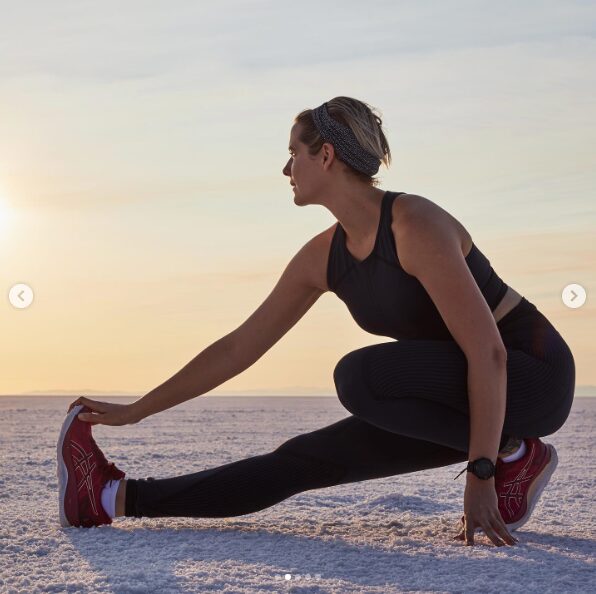
If you had to pick three qualities that are most important to develop, which three would you say matter most?
I love people. They’re curious, they’re interesting, and they come with their own stories to share. I think it is easy to become jaded about humanity, but I remain steadfast in the belief that most people are fine. Most people need a hug, maybe a dog, a hot meal, and someone to listen to them. I am curious about people.
I am the daughter of a basketball coach, so I am pretty disciplined. Doing the thing, or checking an item off my to do list scratches a particular part of my brain.
I am comfortable with sincerely apologizing, being wrong, or simply not knowing.
My advice would be to stay open to the fact that you might know everything, give folks the benefit of the doubt, and do the thing you said you’d do.
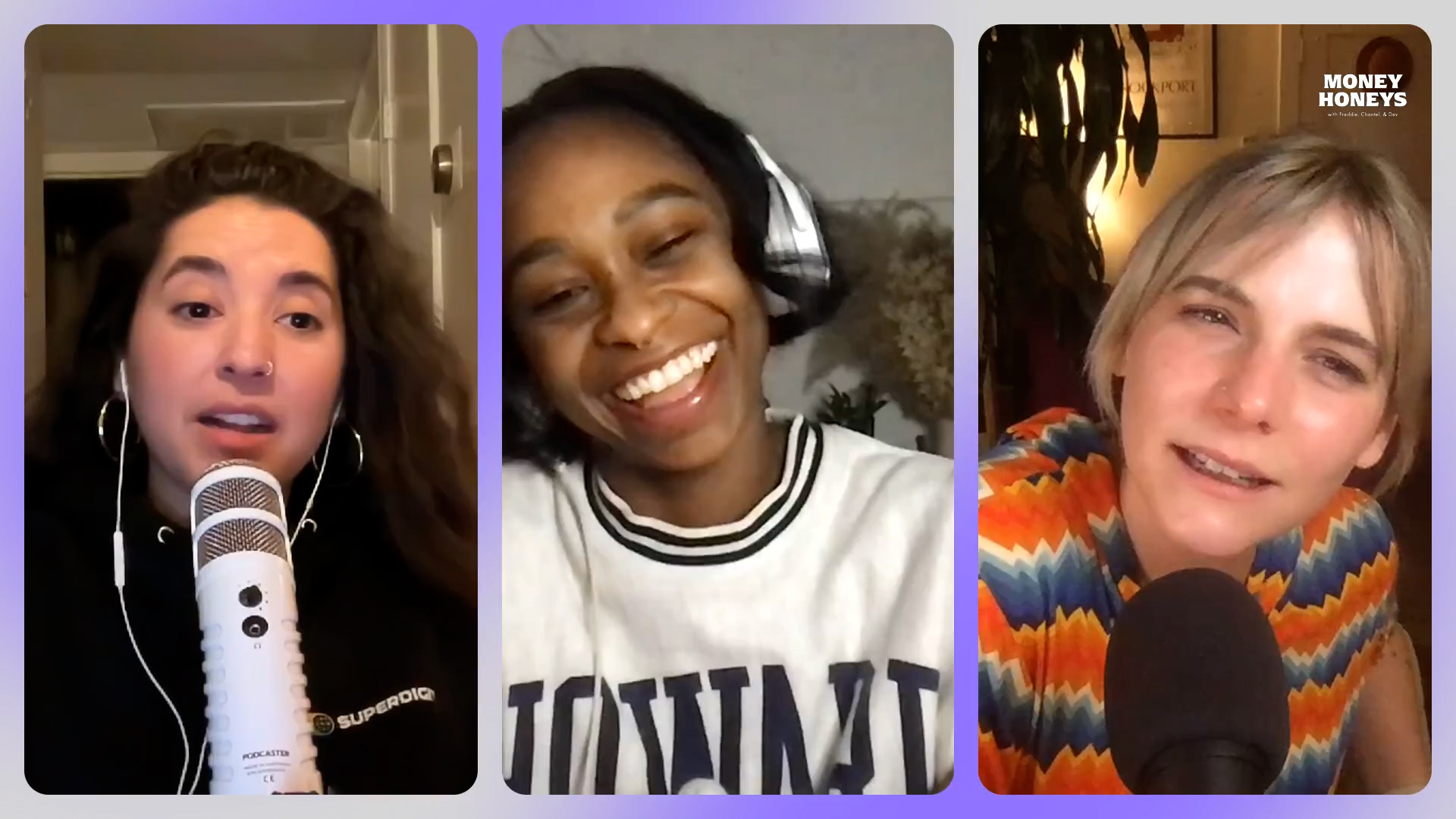
If you knew you only had a decade of life left, how would you spend that decade?
I work in social media and in tech, however these companies are run by billionaires/oligarchs. What…should….I….do?
Contact Info:
- Instagram: @devlytle
- Linkedin: https://www.linkedin.com/in/devin-lytle-724188bb/
- Youtube: https://www.youtube.com/@DevinLytleButBetter
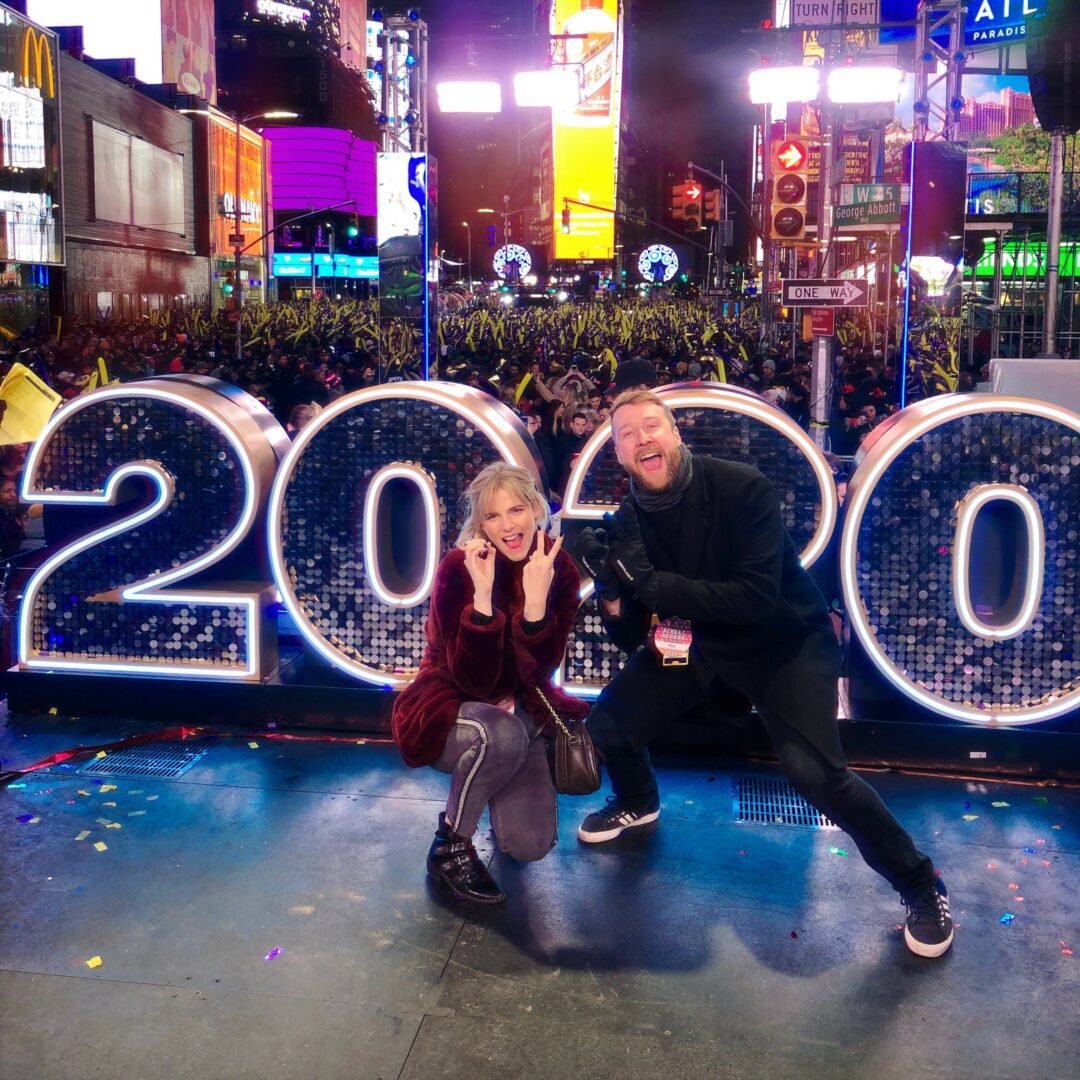
so if you or someone you know deserves recognition please let us know here.

